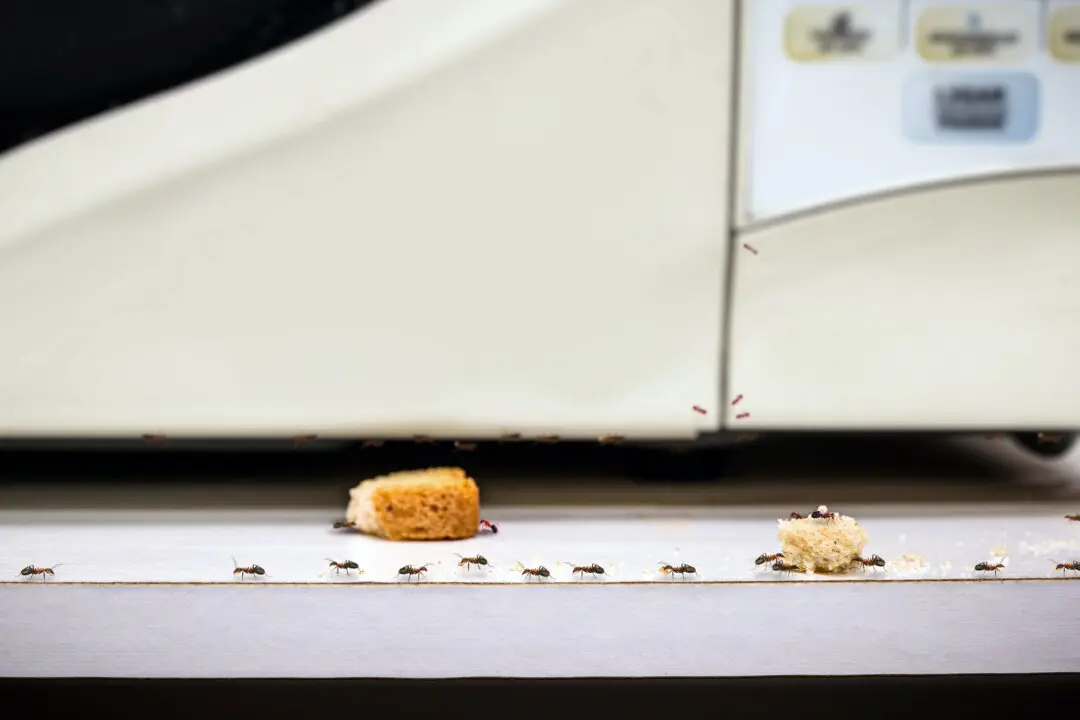1. Don’t Invite Them In
The most effective pest control is making sure they never get close. Pests such as rodents and insects are drawn to the scent of food, and a spring home presents plenty of invitations. Keep your kitchen clean and free of scraps or random food. Keep leftovers in tightly sealed containers.
Check around your house, especially the kitchen, for potential points of entry where pests might slip in. Insects only need the tiniest of cracks to get into many places. Use a flashlight and carefully check for holes, gaps between walls or ceilings, the areas around utility lines and vents, window and door seals, and foundation or siding gaps. Anywhere you find such holes, seal them up. Expanding foam sealant, weatherstripping and caulk are excellent solutions for many such problems.
Don’t overlook your attic or basement; these offer many good entry points for pests ranging from ants to raccoons. Copper wire mesh, available at most hardware stores, can cover up larger holes.






